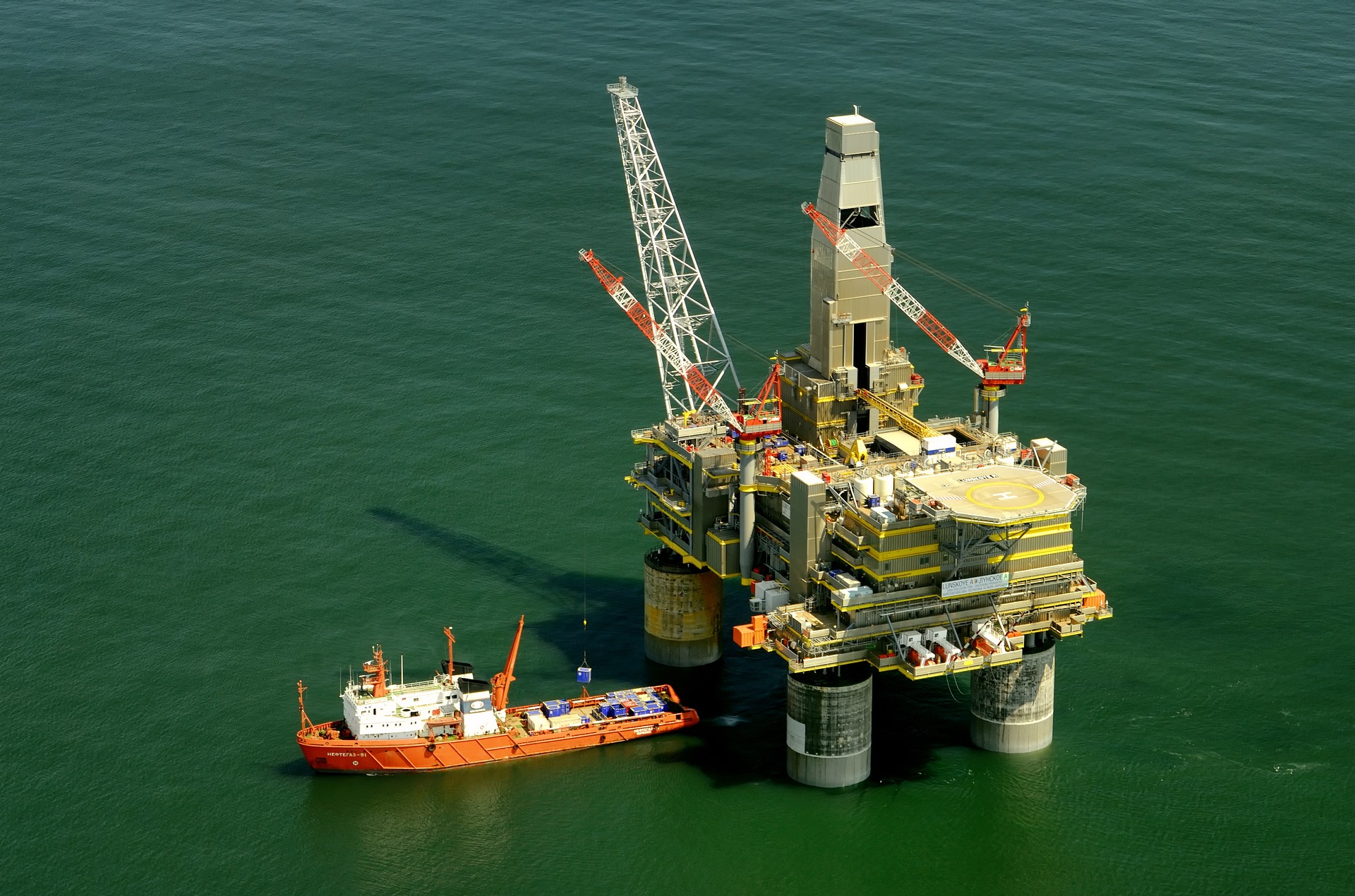Essential Guide to Offshore Oil Rig Jobs: Requirements, Roles and Reality Check
Working on offshore oil rigs represents one of the most demanding yet potentially rewarding career paths in the energy sector. These remote maritime installations require dedicated professionals who can handle intense physical demands, extended isolation periods, and challenging environmental conditions. While the offshore oil industry offers competitive compensation packages, it's important to understand that job availability fluctuates significantly based on global oil market conditions, and the information presented here is for educational purposes only rather than specific employment opportunities.

What Entry-Level Roles Exist on Offshore Oil Rigs?
The offshore oil industry provides several entry-level positions that serve as stepping stones into more specialized roles. Roustabouts represent the most common starting position, handling general maintenance tasks, equipment cleaning, and basic operational support duties. These workers typically earn between $45,000 to $65,000 annually, though compensation varies widely based on location, company policies, and current market conditions.
Floorhands work directly with drilling operations, assisting with pipe handling, equipment maintenance, and safety protocols. Kitchen staff and stewards maintain food services and accommodation facilities, ensuring crew welfare during extended offshore rotations. Catering positions often appeal to those with hospitality backgrounds seeking maritime careers.
Maintenance assistants support mechanical operations, learning essential skills while working alongside experienced technicians. These roles provide valuable hands-on experience with industrial equipment, hydraulic systems, and safety procedures that form the foundation of offshore careers.
Can You Work Offshore Without Previous Experience?
Many offshore positions welcome candidates without direct oil and gas experience, particularly for entry-level roles. Companies often prioritize strong work ethic, physical fitness, and willingness to learn over specific industry background. However, candidates must demonstrate mechanical aptitude, problem-solving abilities, and capacity to work effectively in isolated team environments.
Training programs provided by employers typically cover safety protocols, emergency procedures, and job-specific skills. These comprehensive orientations can last several weeks, combining classroom instruction with practical exercises. Some companies partner with maritime training institutions to provide standardized certification programs.
Physical demands cannot be understated - offshore work involves heavy lifting, climbing, and working in all weather conditions. Medical examinations ensure candidates can handle these requirements safely. Mental resilience is equally important, as workers spend weeks offshore followed by shore leave periods.
What Certifications Are Needed Before You Can Start?
Basic offshore certifications form the minimum requirement for most positions. The Basic Offshore Safety Induction and Emergency Training (BOSIET) covers helicopter safety, sea survival, firefighting, and first aid. This certification typically costs between $800 to $1,500 and requires renewal every four years.
Medical fitness certificates verify candidates meet offshore health standards. These comprehensive examinations assess cardiovascular health, vision, hearing, and psychological fitness. Costs range from $300 to $800 depending on location and examination complexity.
Valid passport and any required work visas are essential, as offshore installations often operate in international waters or foreign jurisdictions. Additional certifications may include rigging qualifications, crane operation licenses, or specialized safety training depending on specific role requirements.
| Certification Type | Training Provider | Cost Estimation |
|---|---|---|
| BOSIET Certification | Falck Safety Services | $1,200 - $1,500 |
| Medical Fitness Certificate | Approved Maritime Medical Centers | $400 - $800 |
| Helicopter Underwater Escape Training | Survival Systems Training | $800 - $1,200 |
| Basic Rigging Certification | National Commission for Certification | $500 - $900 |
Certification costs, training fees, or salary estimates mentioned in this article are based on the latest available information but may change over time. Independent research is advised before making financial decisions.
Industry Reality and Job Market Conditions
The offshore oil industry experiences significant cyclical fluctuations tied to global energy markets, environmental regulations, and technological changes. Employment opportunities can vary dramatically based on oil prices, company exploration budgets, and regional drilling activity. Prospective workers should research current market conditions and understand that job availability is not guaranteed regardless of qualifications.
Rotation schedules typically involve 14 to 28 days offshore followed by equivalent shore leave periods. This lifestyle suits some individuals but challenges others, particularly those with family obligations or preferences for consistent daily routines. Career advancement opportunities exist for dedicated workers, with experienced personnel progressing to supervisory roles, technical specializations, or shore-based positions.
The industry continues evolving with increased automation, environmental considerations, and renewable energy transitions affecting long-term employment prospects. Workers increasingly need adaptable skills and willingness to embrace technological changes throughout their careers.
Understanding these realities helps potential candidates make informed decisions about pursuing offshore careers. While opportunities exist for motivated individuals, success requires careful preparation, realistic expectations, and commitment to ongoing professional development in this challenging but potentially rewarding field.




